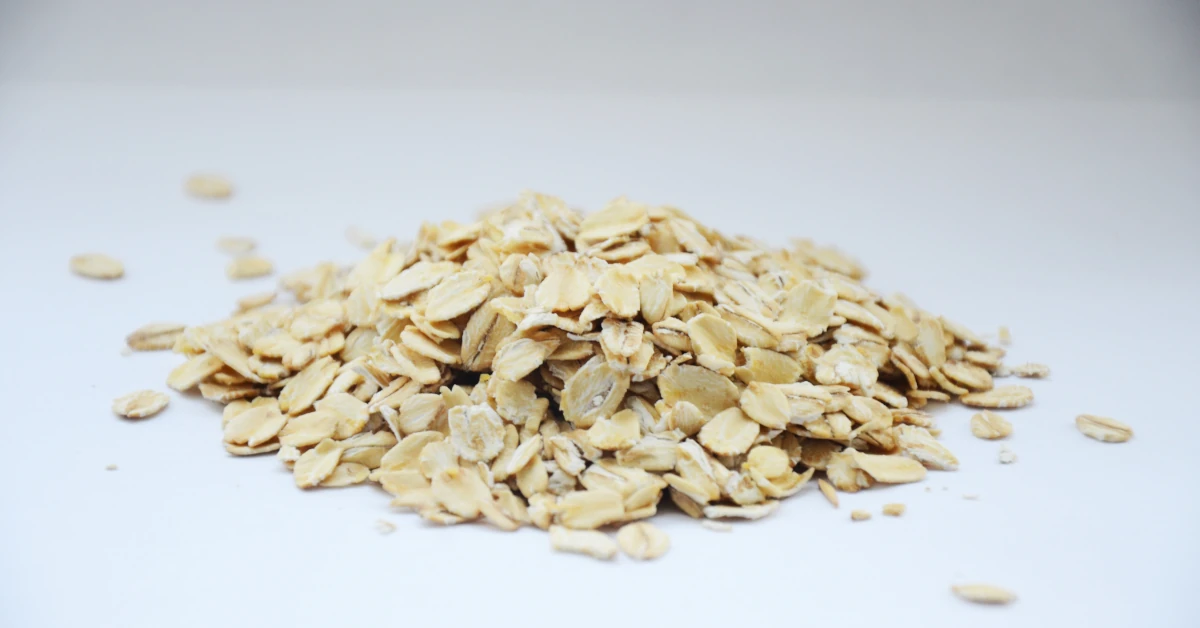Many people consider oatmeal to be a healthy breakfast option, but is that really the case? In this blog post, we’ll dive into the surprising reasons why oatmeal may not be as good for your health as you think. From heavy metal accumulation to the presence of harmful substances, we’ll explore the potential downsides of this popular breakfast food.
Grains and Leafy Greens: Potential Heavy Metal Contamination
It’s important to be aware that grains like oats and even leafy greens may contain heavy metals. This raises concerns about the long-term health implications of a diet high in these foods. While they do have their benefits, it’s worth considering the potential downsides of consuming them in large quantities.
Phytic Acid: A Hidden Enemy in Oatmeal
One of the main reasons why oatmeal may not be as healthy as it seems is due to the presence of phytic acid. This compound found in oatmeal and other grain-based foods can chelate minerals and reduce their absorption in the body. Animal foods like sardines, beef or eggs, on the other hand, offer more bioavailable minerals compared to plant foods due to the absence of phytic acid.
Interfering with Nutrient Absorption
Additionally, when oatmeal is consumed with other foods like milk or meat, the phytic acid in oats can hinder the absorption of important minerals like calcium, zinc, and iron. This means that even if you’re eating a balanced meal, you may still not be getting the full nutritional benefits due to the presence of phytic acid.
Heavy Metal Contamination: A Widespread Issue
It’s not just oats that can potentially expose you to heavy metals. Certain seafood and grains like shark, tuna, and mackerel have been found to contain significant amounts of heavy metals such as mercury, arsenic, and cadmium. Even shellfish like oysters and scallops can be high in cadmium. It’s crucial to be aware of your heavy metal status, as elevated levels can lead to various health issues.
The Role of Industrialization and Fertilizers
The problem of heavy metal contamination in our food supply can be attributed to industrialization and the use of phosphorus-based fertilizers. The release of heavy metals like mercury, arsenic, cadmium, and lead into the atmosphere ends up in our water supply and soil. Furthermore, phosphorus-based fertilizers used in plant agriculture are often contaminated with heavy metals like cadmium, exacerbating the issue.
The Gut-Disrupting Effects of Saponins
Oats, quinoa, and soybeans contain saponins, compounds that can be damaging to the gut. These substances, called triterpene glycosides, are actually designed to damage the gut lining. Research has shown that saponins increase gut permeability, inhibit nutrient transport, and contribute to a leaky gut. This means that consuming grains like oats and quinoa can potentially cause inflammation and digestive issues.
Other Alternatives for a Healthy Breakfast
If you’re looking for alternatives to oatmeal, there are plenty of options available. Greek Yogurt, (scrambled) eggs, cottage cheese, avocado and even some fruit can provide a nutritious and satisfying breakfast. By avoiding nutrient-poor foods like oats and grains, you can reduce your risk of heavy metal exposure and ensure a more balanced start to your day.
Conclusion:
While oatmeal may be a convenient and commonly recommended breakfast choice, it’s important to consider the potential downsides. From heavy metal contamination to the interference with nutrient absorption and the gut-disrupting effects of saponins, oatmeal may not be the healthy food it’s often thought to be. By exploring other breakfast options and being mindful of heavy metal exposure, you can make more informed choices for your overall health and well-being.

Leave a Reply